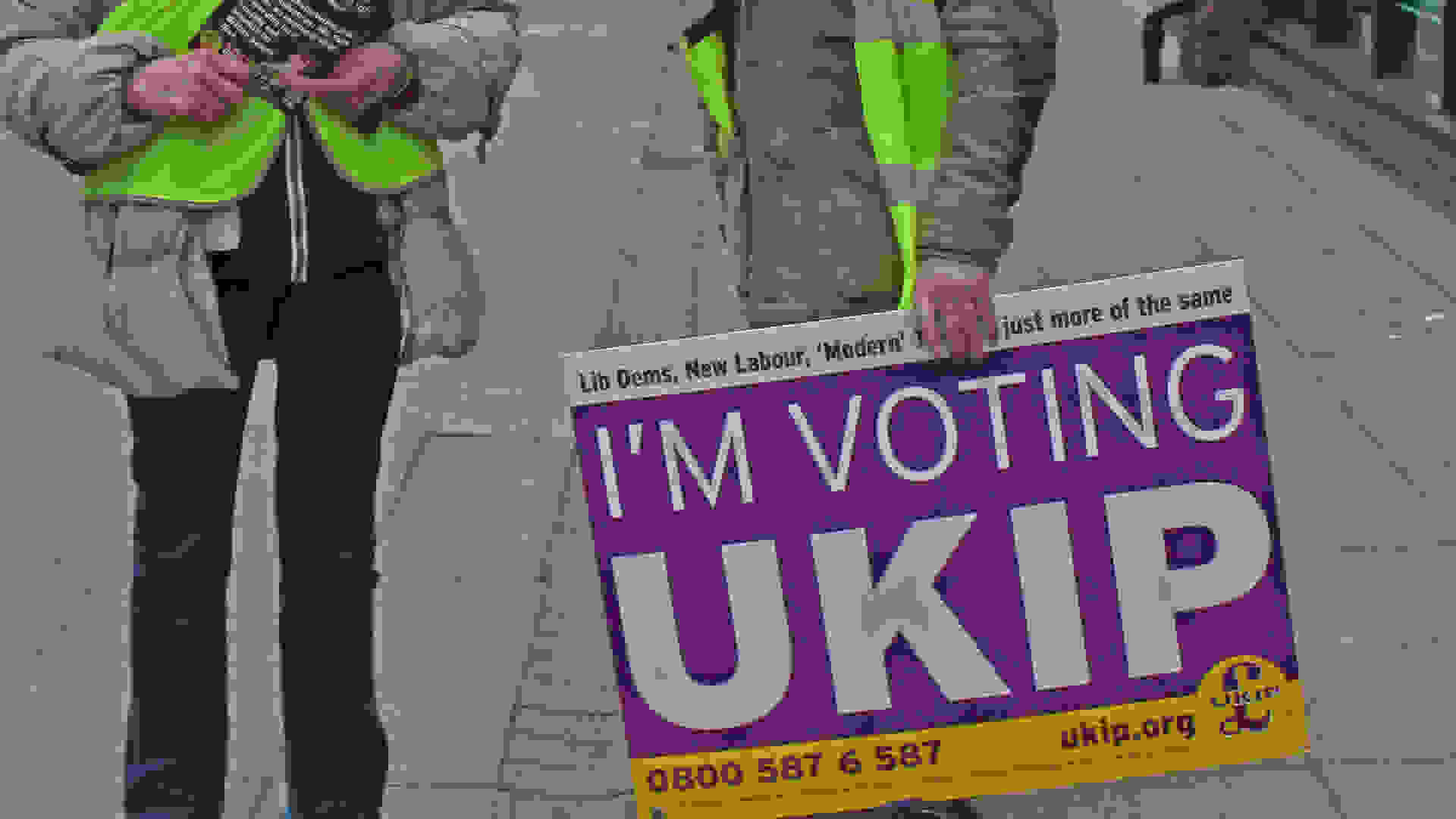News / Meet Parliament's human rights watchdog - Parliament Matters podcast, Episode 90
As calls grow louder for the UK to withdraw from the European Convention on Human Rights, we talk with Parliament’s in-house human rights watchdog: Lord Alton of Liverpool, Chair of the Joint Committee on Human Rights. A former Liberal MP who now serves as a crossbench peer, Lord Alton was an unexpected choice to lead the Committee – traditionally chaired by a member of the House of Commons, and usually by a party politician. But his tireless advocacy on human rights around the world, especially his campaigning against China’s treatment of the Uyghur people in Xinjiang, has earned him widespread respect across the political spectrum and many cross-party allies.


